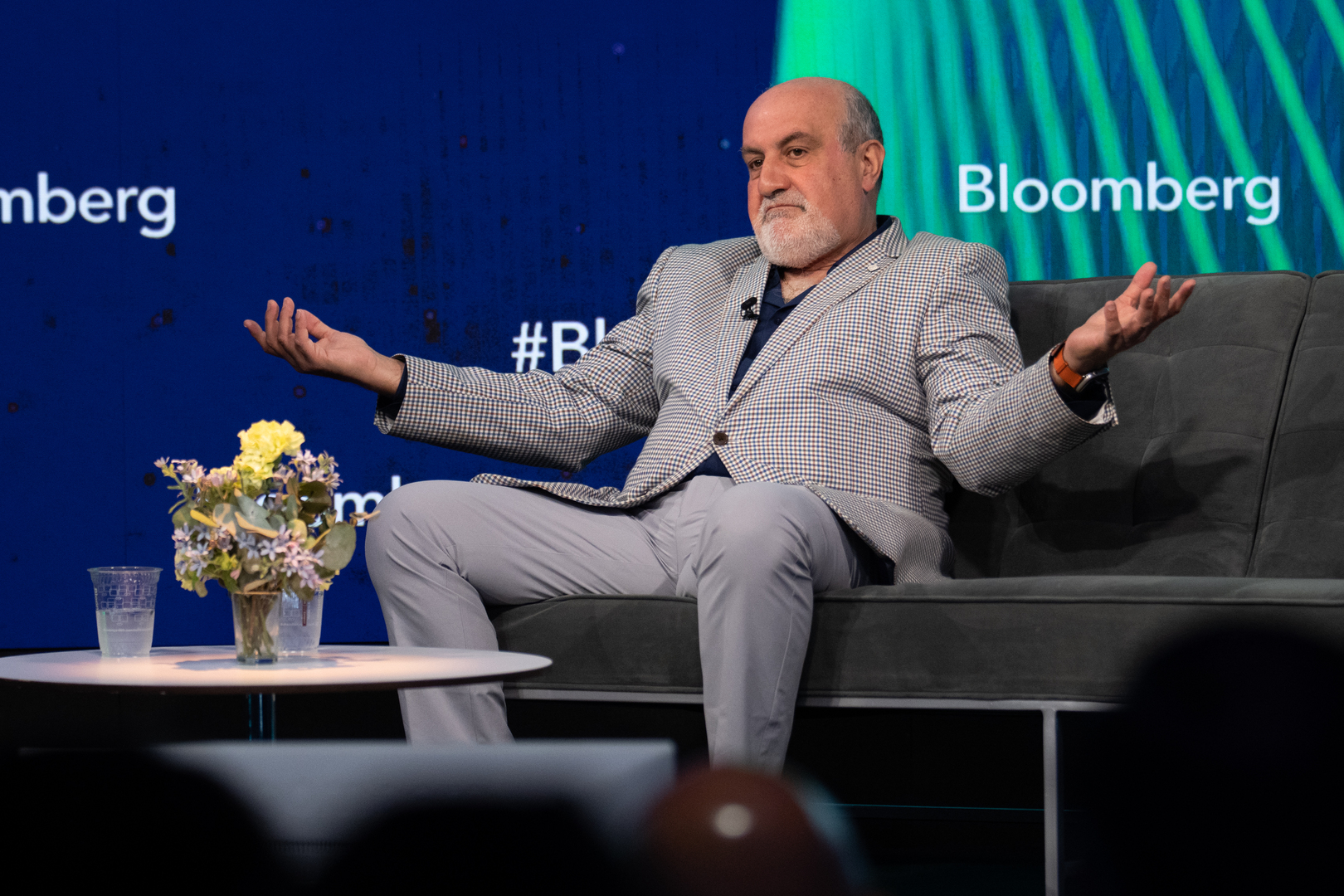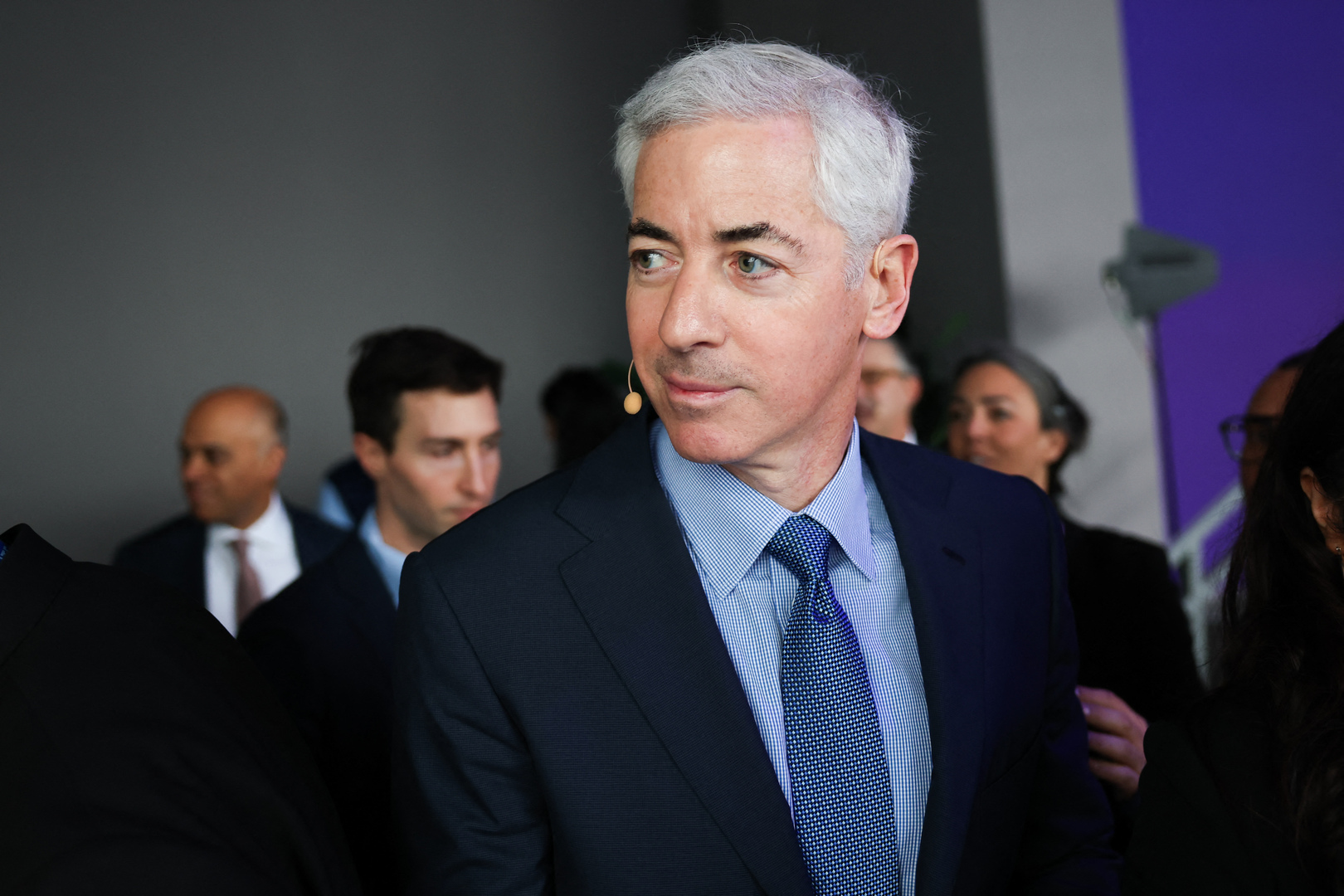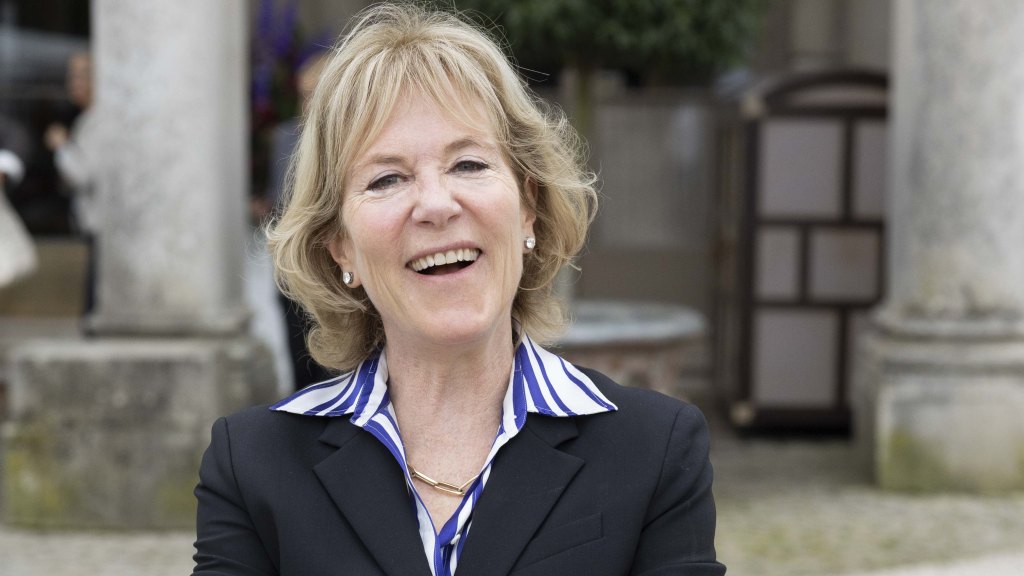Examining Fund Managers Without Personal Investment: Is It Beneficial?
In contemporary investment strategies, it is increasingly viewed as essential for fund directors and managers to possess a significant personal stake in the organizations they oversee. This concept of “skin in the game” aims to ensure their interests align with those of external shareholders.
The potential benefits include a personal incentive for these managers to enhance returns, whereas the downside is that they face losses similar to other shareholders when the entity underperforms.
However, a recent analysis of share ownership within the £170 billion investment trust sector reveals that many fund managers still lack adequate exposure to the organizations they administer, indicating room for improvement.
Out of 1,250 trust directors evaluated, 168, or 13.4%, own no shares at all in their respective companies. This represents a reduction from 16% in 2019 and 20% in 2010, yet still highlights ongoing concerns, according to co-author Alan Brierley, head of the investment trust analyst team at Investec.
The disparities in ownership stakes are significant. For instance, while 51 directors hold personal investments exceeding £1 million in the trusts they manage, there are ten trust chairs who do not own any shares.
In 27 trusts, the total shareholding among the entire board is less than the fees accrued by directors in merely six months, which raises questions about confidence in management. Additionally, 45 chairs who have been in their positions for over five years possess stakes valued at lower amounts than their annual fees.
Assessing alignment among fund managers poses challenges as there is no mandatory requirement for them to disclose their shareholdings, and many choose not to. Brierley expressed frustration over this lack of transparency, stating, “Too many managers are still unwilling or unable to disclose their personal shareholdings. While there is no regulatory requirement, we find this frustrating.”
He proposed that even a simple acknowledgment of a manager’s unquantified investment would be an improvement.

Investors have long been disheartened by the misalignment of interests. Nassim Nicholas Taleb, author of The Black Swan, has criticized this phenomenon as pseudo capitalism, noting, “At no time in history has so much power been given to people who take no risks.” Terry Smith, founder of Fundsmith, has also remarked on the failure of portfolio managers to “eat their own cooking.”
Investec’s “Real Skin in the Game” rankings highlight Caledonia Investments and RIT Capital Partners as trusts with the most accountable directors. The Cayzer family holds £1 billion in shares in Caledonia, while Dame Hannah Rothschild and her family possess £568 million in RIT shares, illustrating significant personal investment in these trusts.

The management team of Pershing Square Holdings, led by Bill Ackman, is noted for their strong alignment, owning a combined £1.76 billion in Pershing stock.
Conversely, the report identifies JP Morgan Emerging Europe Middle East and Africa Securities as an entity needing improved alignment, as the directors collectively earn £139,000 annually while holding shares worth only £6,250.
Directors who have not invested in their companies over a prolonged period, as outlined in the report, include Howard Myles from Chelverton UK Dividend Trust, Geoffrey Howard-Spink from New Star Investment Trust, and Nigel Cayzer from Oryx International Growth Fund.
Brierley emphasized that demonstrating alignment with shareholders is increasingly critical as trusts face their widest discounts to net assets since the financial crisis. The recent actions of the New York hedge fund Saba against several UK trusts further highlight the necessity of robust governance.
He cautioned, however, about the potential for managers to possess too much skin in the game, which could grant them excessive power over outside shareholders, referring to the ongoing controversial merger proposal by Third Point Investors.
The report noted 13 individuals serving on four different trust boards, a decrease compared to 15 years ago when some individuals held directorships in as many as eight or nine companies.
Additionally, Investec’s findings indicate notable improvements in board diversity, with women comprising 44% of all trust directors, a significant rise from 8% in 2010.
Moreover, 64% of trust boards now include at least one member from an ethnic minority, an increase from 29% in 2023, although these figures could be influenced by a surge in the reporting of ethnicity data in recent times.




Post Comment